How research is pushing the boundaries of robotics
Date:
Changed on 20/12/2024
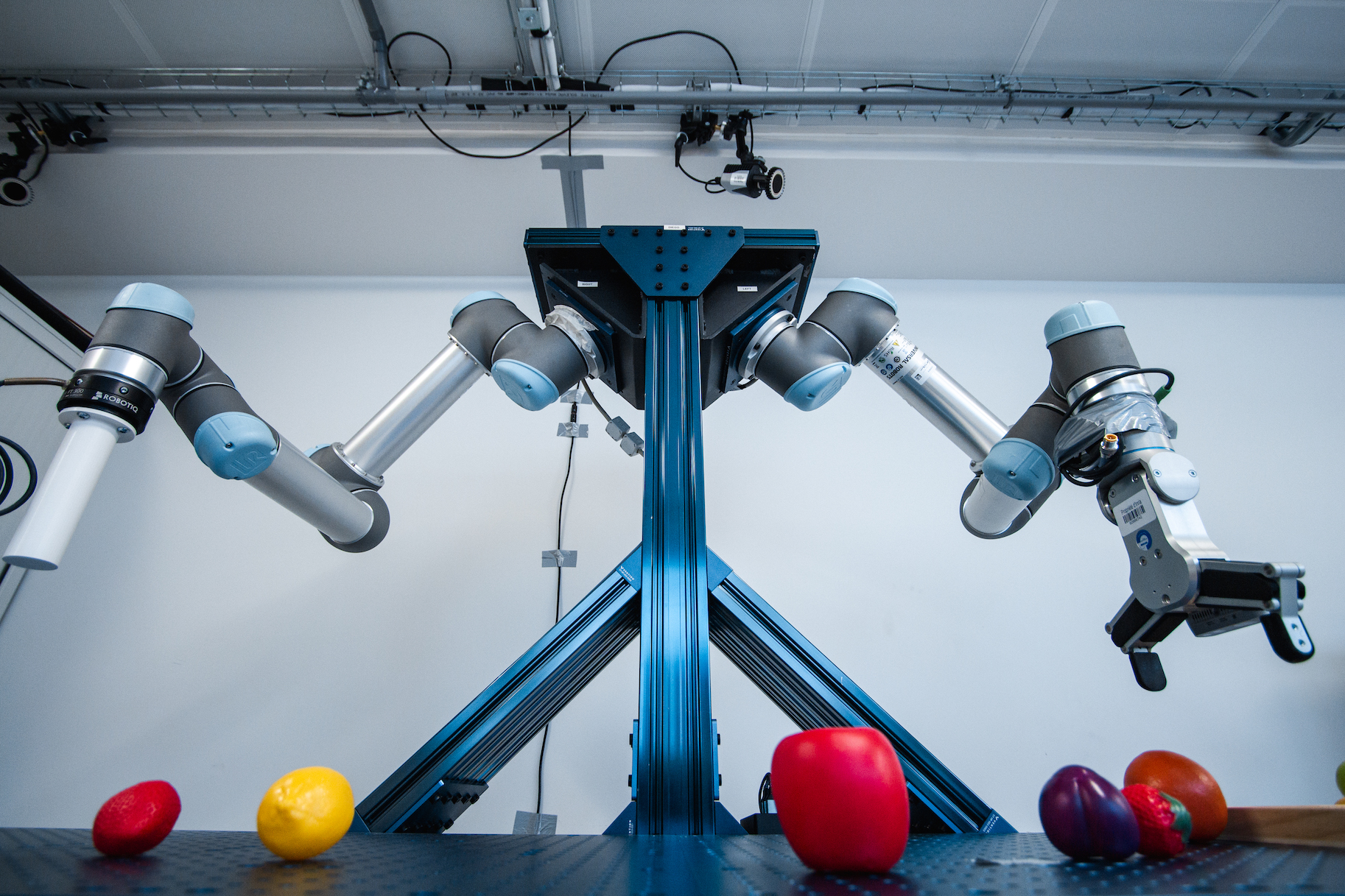
In recent years, robotics has continued to evolve and diversify in order to meet the needs of players in many sectors of activity, such as health, logistics, education, industry (aeronautics, agri-food, logistics, inspection of hazardous sites, etc.) and entertainment. Whether surgical robots with unparalleled precision, intelligent industrial systems, or companion robots, these machines driven by artificial intelligence and machine learning are redrawing the contours of human roles.
Behind these developments, many scientists are now working to equip machines with autonomous perception and action capabilities, capable of evolving and interacting in changing environments, regardless of their particularities. This is the case for several project teams at Inria, who are working to develop useful and sustainable software and robotic systems for the future of many sectors, starting with health and industry.
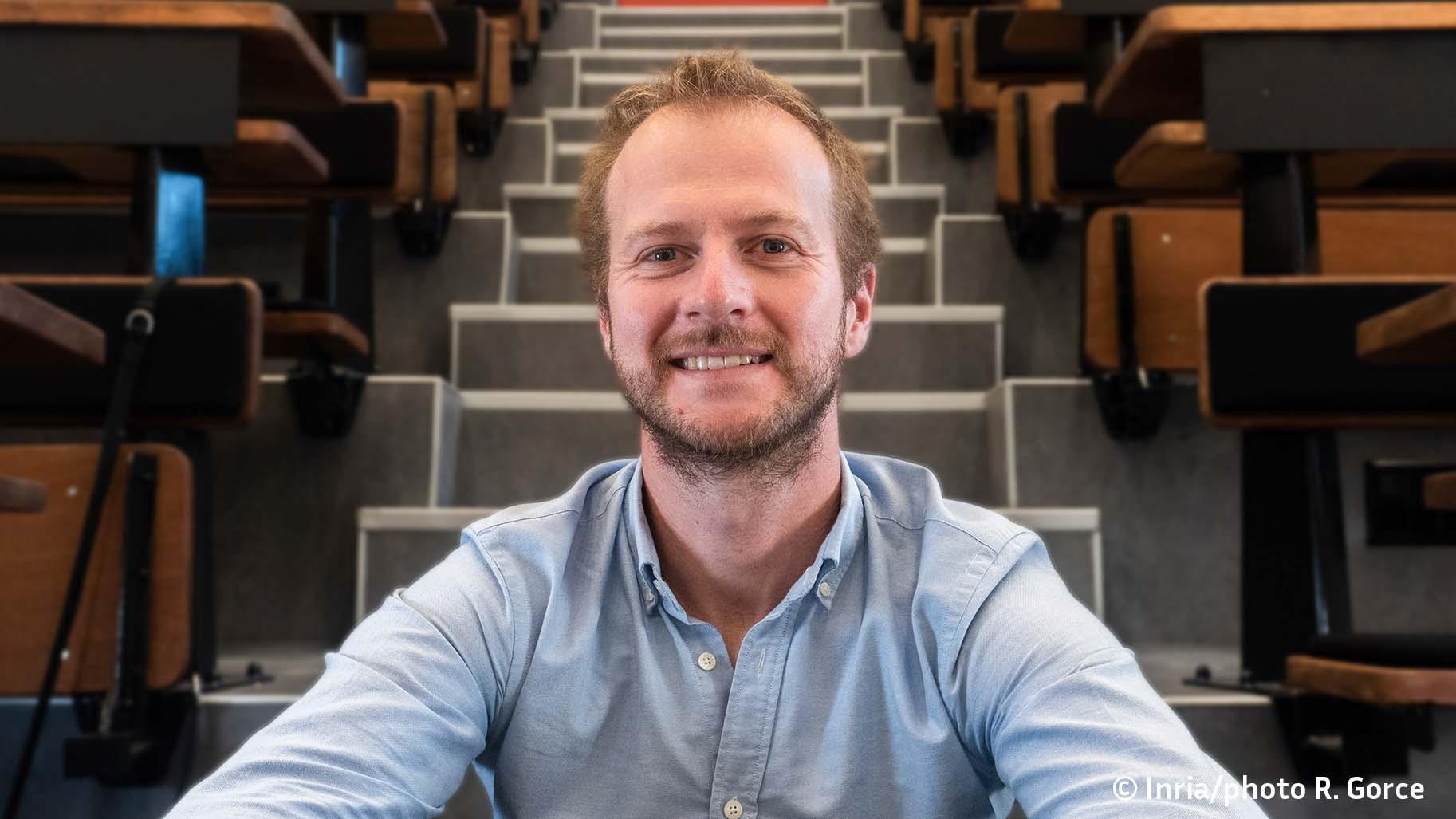
Today, the idea of robots being capable of completely autonomous movement in a complex, real-life environment such as a hospital seems inconceivable. But thanks to the ERC Starting Grant recently awarded to Justin Carpentier, leader of the Willow joint project team (ENS-PSL/CNRS/Inria), this challenge could soon become a reality.
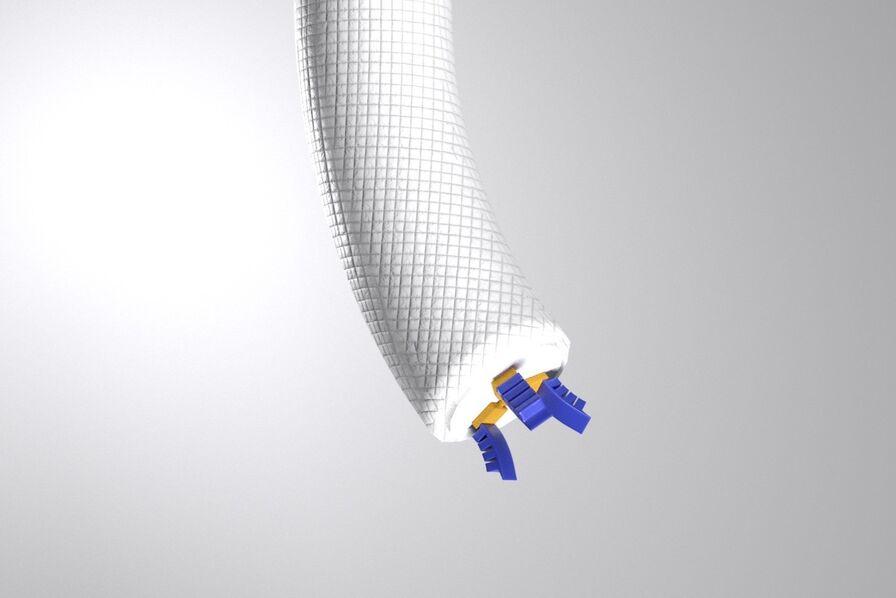
Materials that can deform and resist over the long term: that's the advantage of flexible robots, which are particularly well suited to certain industrial applications. Compliance Robotics, a start-up created as part of an Inria project team, is banking on the expansion of these highly innovative machines.

Researchers at the Nancy Grand-Est Inria Centre have developed a particularly innovative method of manufacturing objects with the sparkling appearance of brushed metal. This use of 3D printing will be of interest to the creative arts sector.

In this new episode of Let's Disassemble Digital, Antun Skuric and Gautier Laisné, both doctoral students in the Auctus project team at the Inria Center at the University of Bordeaux, will talk to us about their thesis work on collaboration between humans and robots.
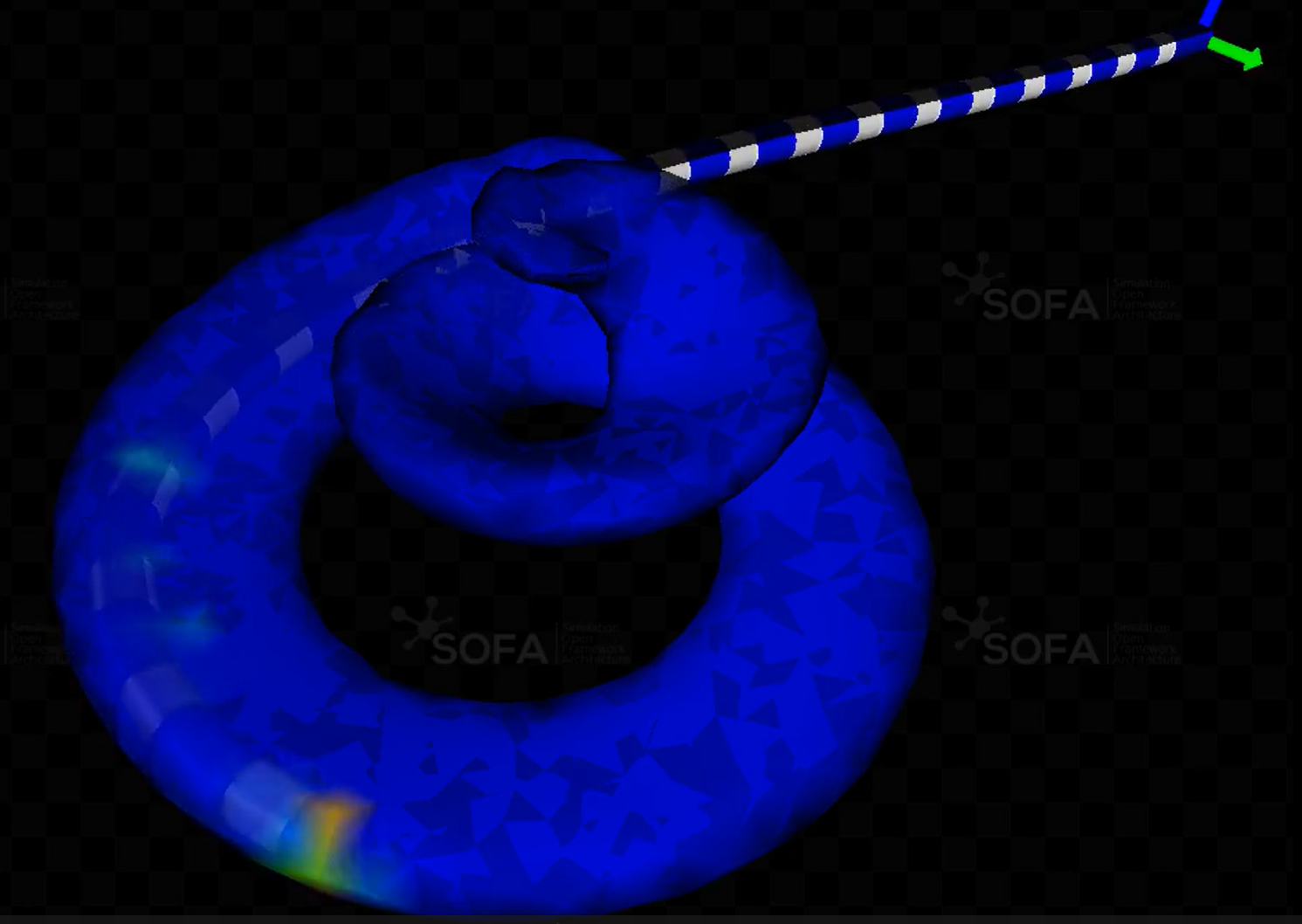
Surgeons already use robotic tools for certain operations, but in the future, implant insertion could be facilitated by the implants themselves, which could be mobile and controlled. The Robocop project, coordinated by Inria’s Defrost project team, has achieved initial progress in this direction.
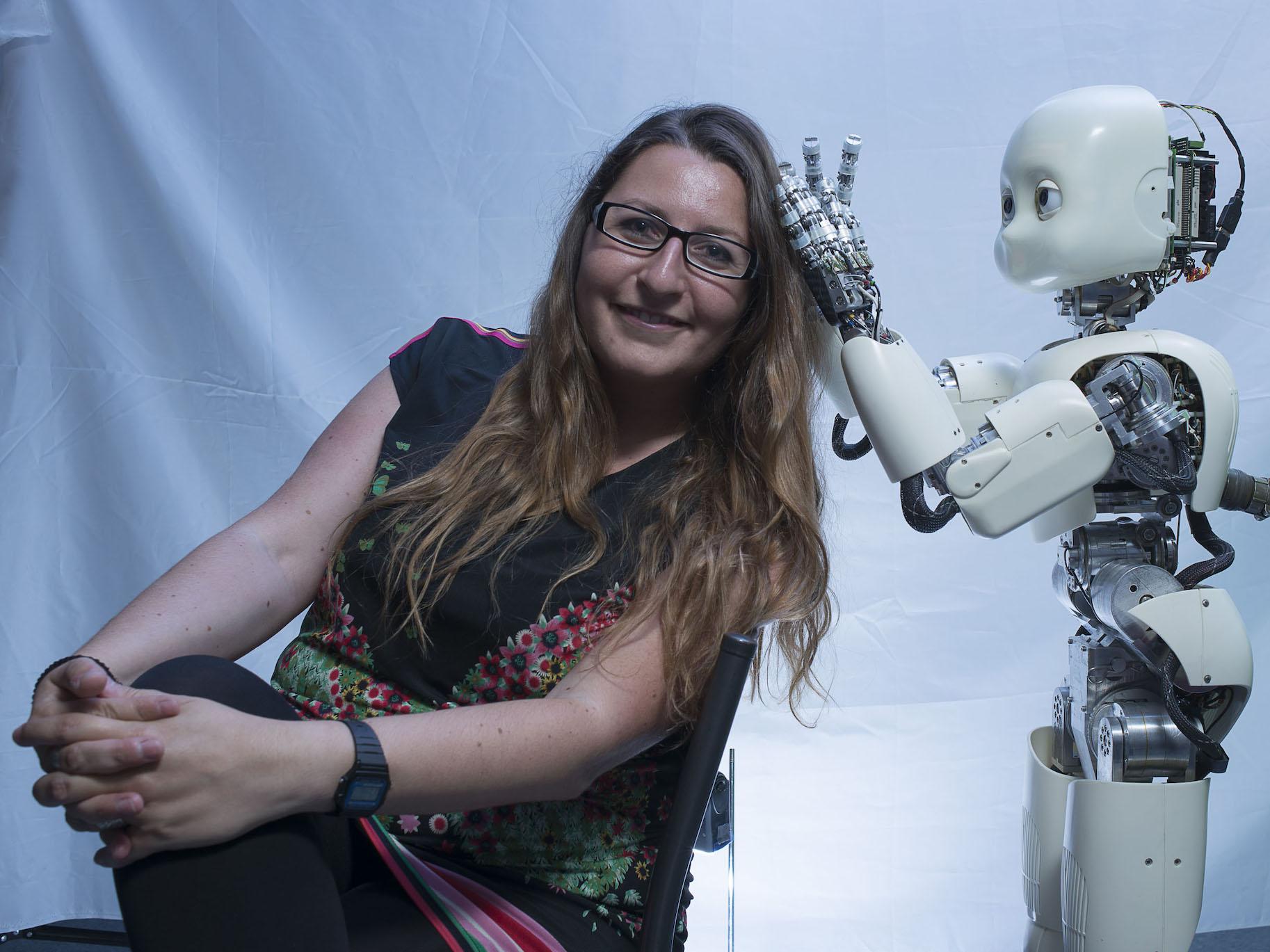
How has the field of robotics evolved in recent years? What are the major challenges facing humanoid robotics today? And what role can European scientists play in this rapidly expanding sector?
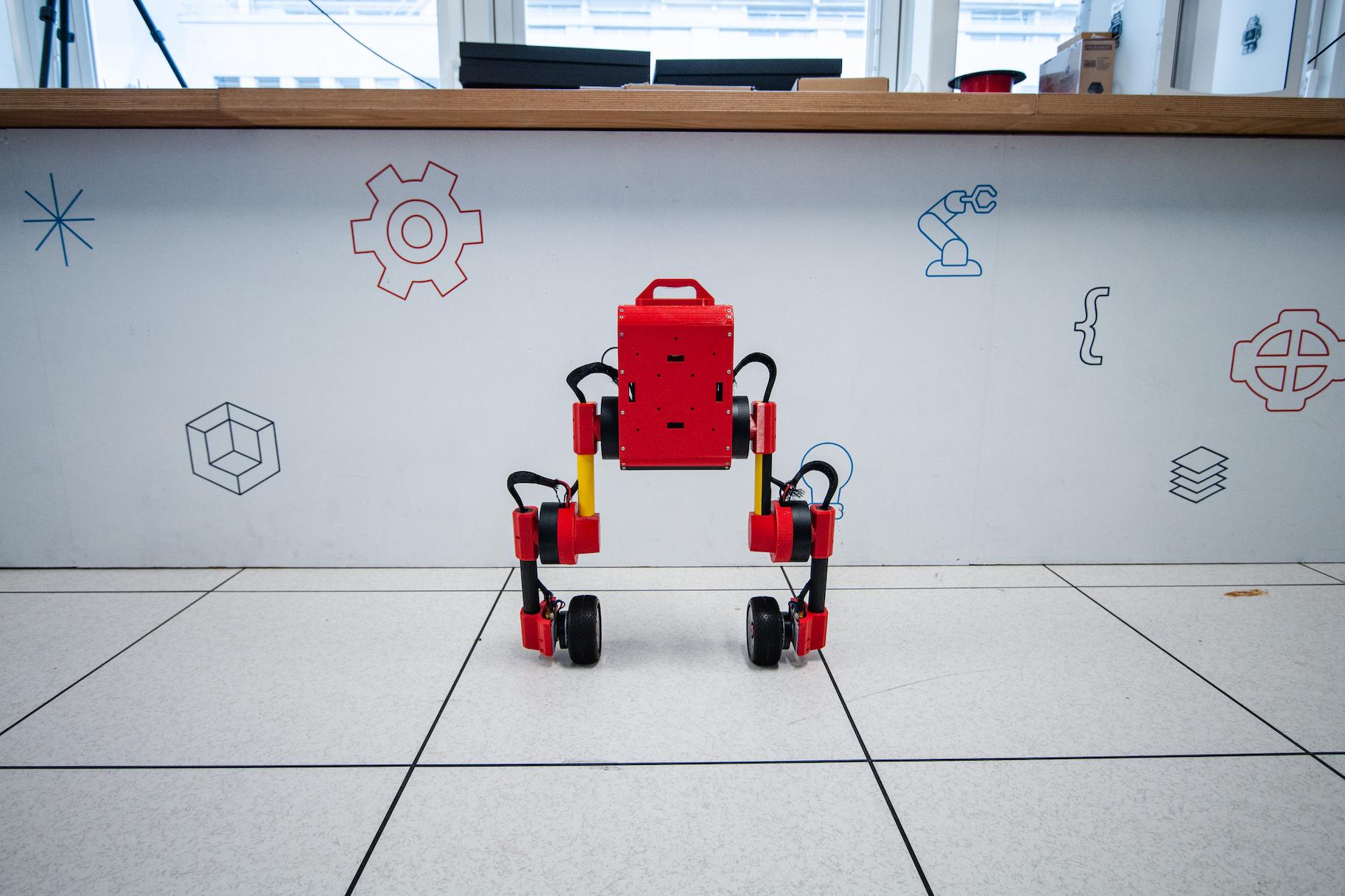
Developed by Stéphane Caron, a researcher at the Inria center in Paris, Upkie is an open-hardware and open-source biped robot that embodies a new approach to robotics.
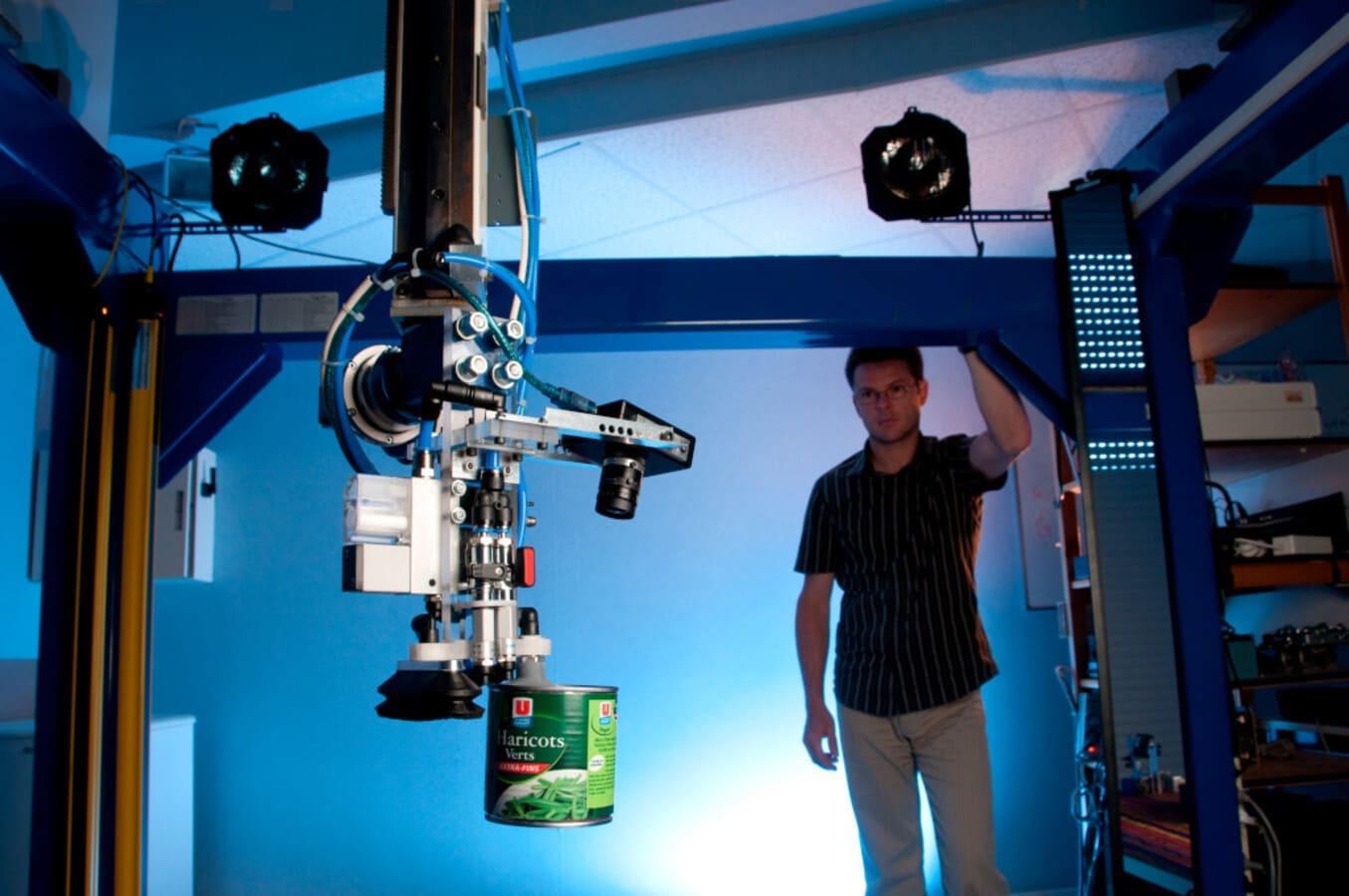
With the TIRREX project, around twenty robotics laboratories - including three from Inria - are sharing their research equipment and software to develop faster, more precise robots for a wide range of application sectors.
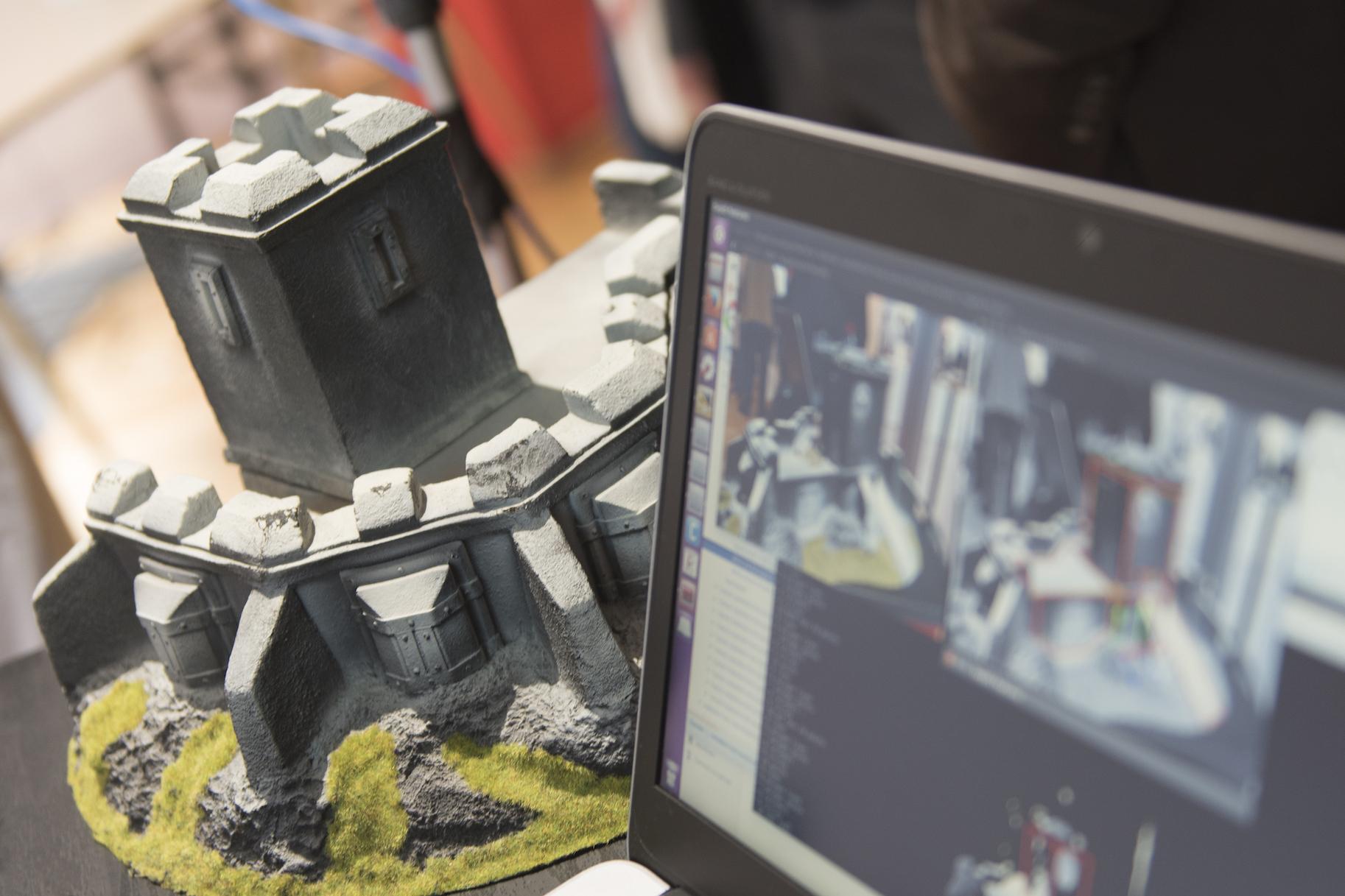
Designed by engineers and researchers at Inria, the ViSP open source platform is proving a great success in France and abroad. Its aim is to facilitate the development of new robotics applications.